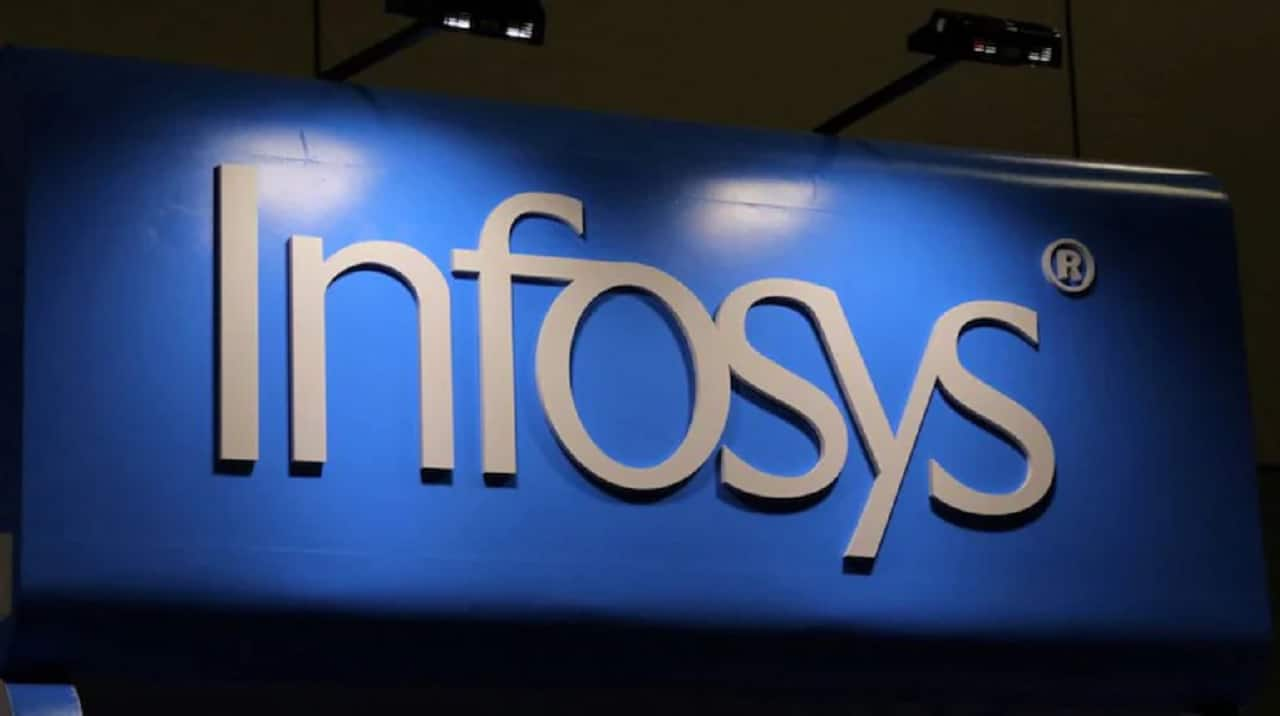 |
|
The recent controversy surrounding Infosys's termination of approximately 400 trainee employees at its Mysuru campus has sparked significant debate regarding the company's hiring practices and the treatment of fresh graduates in the Indian IT sector. The situation highlights the inherent tension between a company's need to maintain high standards of quality and its responsibility towards the well-being of its employees, especially those at the beginning of their careers. Infosys, in its statement, defended its actions by emphasizing a long-standing policy that allows trainees three attempts to pass internal assessments. Failure to clear these assessments, the company claims, results in termination, a policy it maintains has been in place for over two decades. This explanation, however, has been met with strong criticism from the affected trainees and labor organizations.
The trainees' accounts paint a drastically different picture. They allege that the assessments were unfairly difficult, designed to intentionally fail a significant portion of the candidates. Reports suggest that the pressure and stress surrounding these assessments led some trainees to faint, highlighting the immense psychological toll the process inflicted. The fact that these trainees endured a lengthy 2.5-year wait to secure these positions only intensifies the sense of betrayal and injustice felt by the affected individuals. The abrupt nature of the terminations, with employees being given short notice to vacate the premises, further fuels the outrage. The affected individuals were recruited for roles as System Engineers (SE) and Digital Specialist Engineers (DSE), positions that demand a high level of technical proficiency and problem-solving skills.
The controversy has extended beyond the affected trainees, with labor unions and advocacy groups joining the chorus of criticism. Statements from organizations such as NITES (National Institute of Technology Employees' Society) strongly condemn Infosys's actions, characterizing them as 'blatant corporate exploitation.' These groups call for government intervention to protect the rights and dignity of Indian IT workers. The incident raises broader concerns about the ethical implications of corporate hiring practices, particularly within the competitive landscape of the Indian IT industry. The emphasis on rapid growth and cost-cutting measures often leads to pressure on companies to maintain stringent performance standards, potentially at the expense of the well-being of their employees. This case serves as a stark reminder of the need for a more balanced approach, one that prioritizes ethical and fair treatment of employees while upholding high standards of quality.
The Infosys case also highlights the vulnerability of fresh graduates entering the workforce. The long wait periods for employment, coupled with the intense pressure to perform immediately, creates a precarious situation for these young professionals. The significant investment of time and effort required to secure such positions only amplifies the impact of unexpected terminations. The emotional and financial repercussions of losing a job under these circumstances can be severe. The incident underscores the need for greater transparency and fairness in hiring practices, with a focus on providing adequate support and mentorship to fresh graduates. Perhaps more robust training programs and a more gradual assessment process would mitigate some of the stress and anxieties experienced by trainees.
Moving forward, it is crucial to examine the specifics of Infosys's assessment process to determine if it truly aligns with industry standards and best practices. A thorough investigation into the fairness and objectivity of the assessments is warranted. Furthermore, regulatory bodies and labor organizations must collaborate to develop stronger frameworks that protect the rights and well-being of employees, particularly those at the beginning of their careers. The Infosys case serves as a wake-up call for a broader discussion on workplace ethics, employee rights, and the responsibilities of corporations towards their workforce. The focus should not only be on achieving immediate business goals but also on fostering a supportive and equitable environment where employees feel valued and respected.
Source: 'Three attempts to clear assessment': What Infosys said on fresher policy after Mysuru layoff
